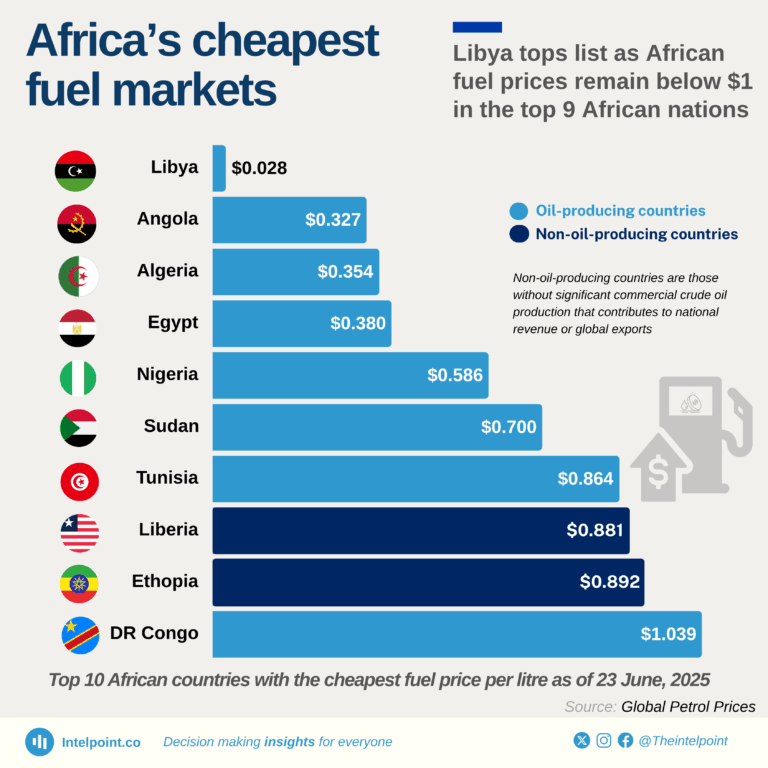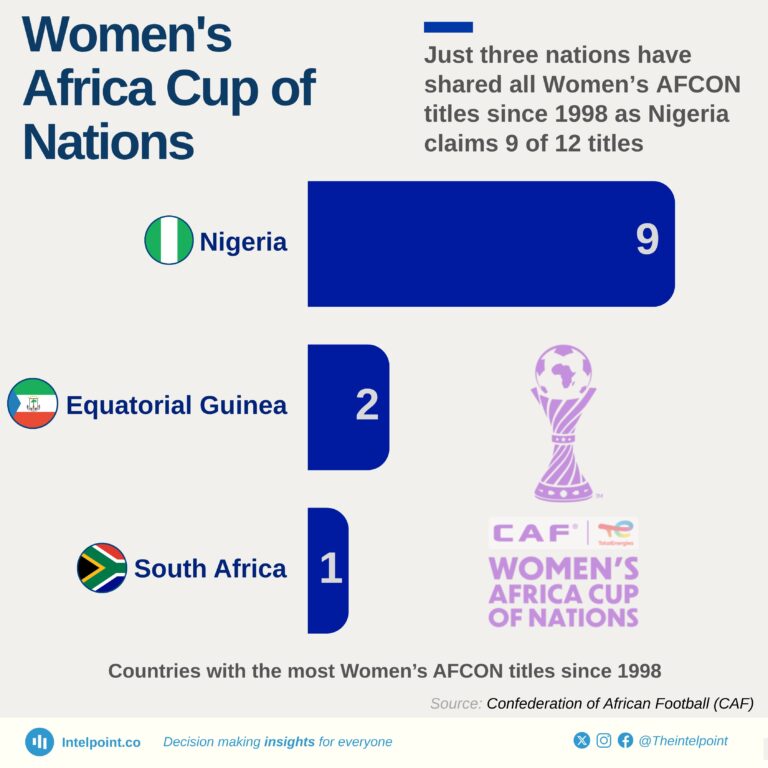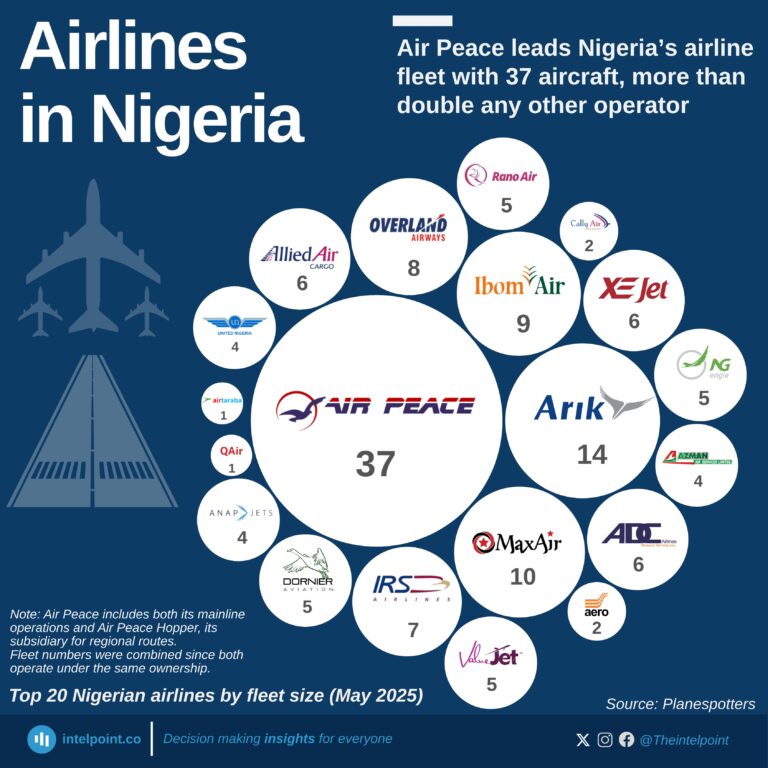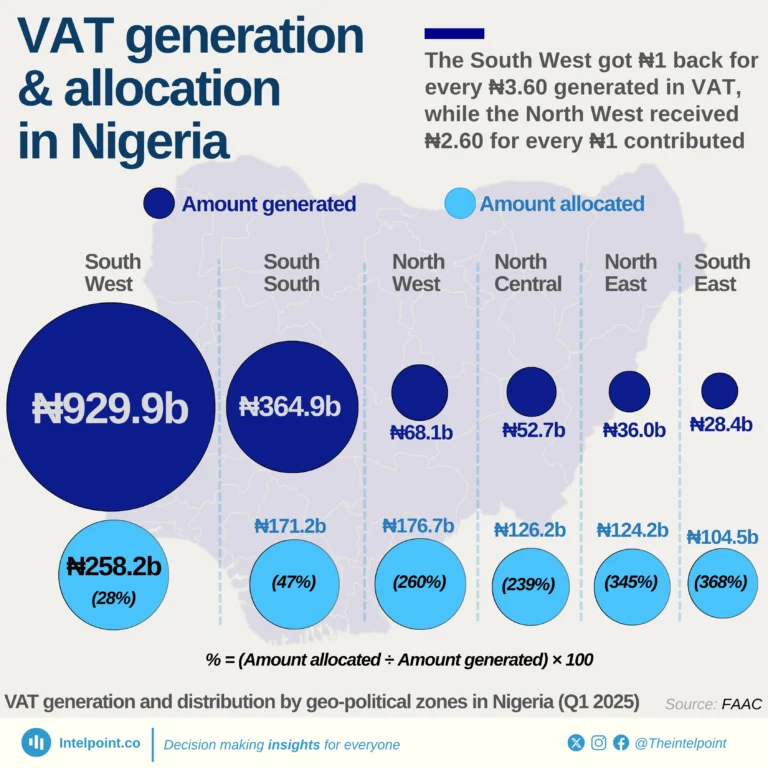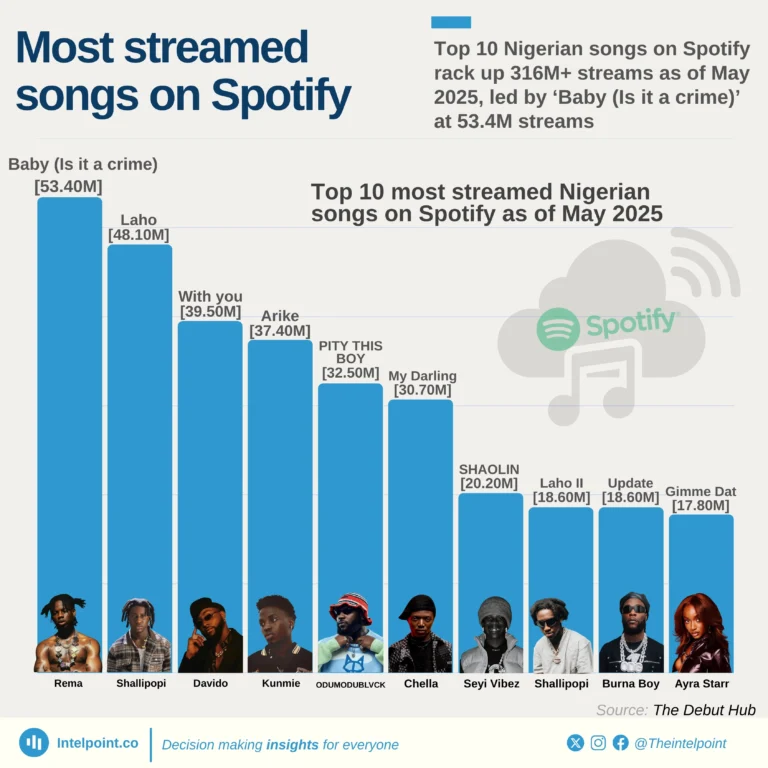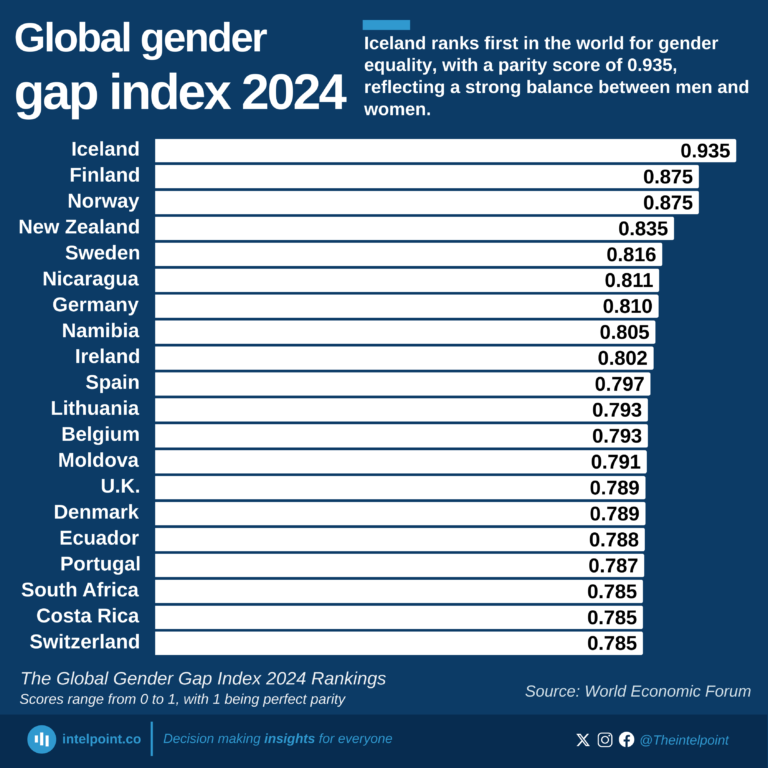
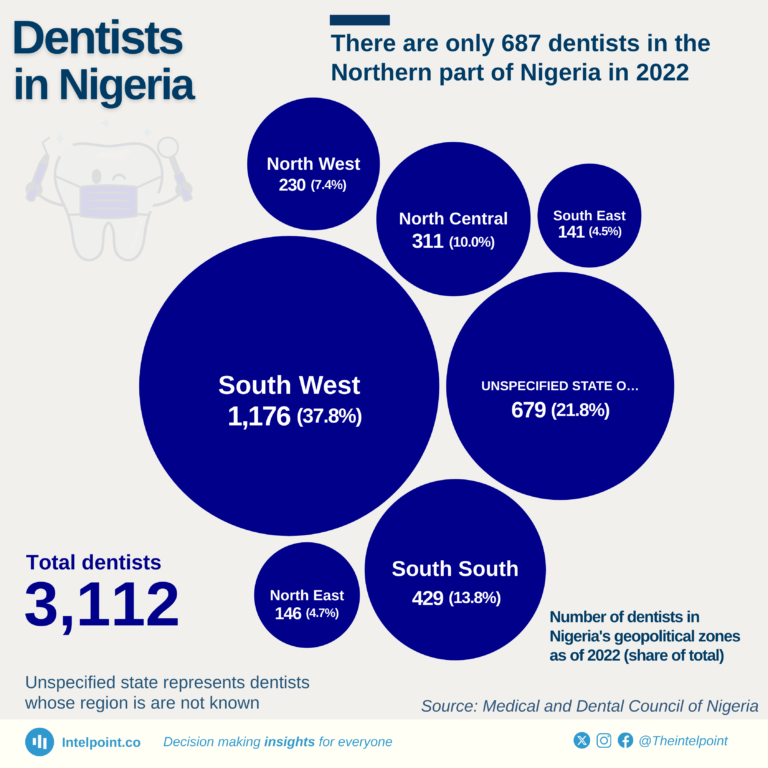


The Federation Account Allocation Committee (FAAC) has distributed a total of ₦593 billion as derivation funds to nine oil-producing states in Nigeria. These funds are part of the statutory allocation intended to support states with significant contributions to the country's oil revenue. Delta State emerged as the largest beneficiary, receiving ₦193 billion, which constitutes 32.5% of the total allocation.
